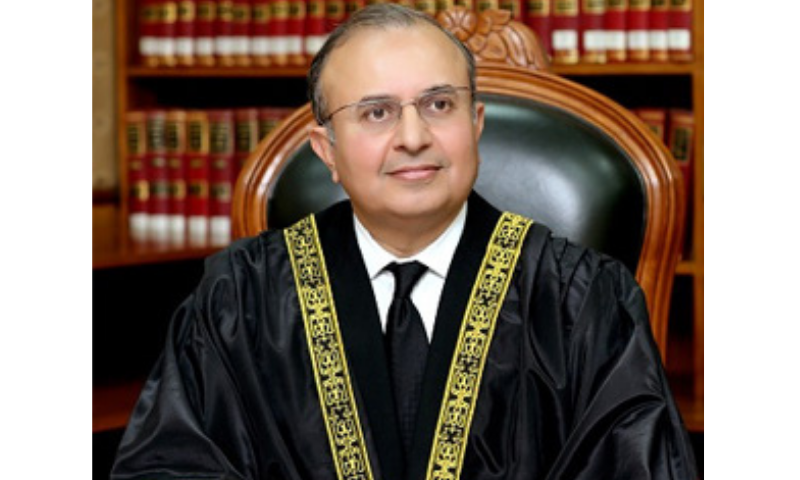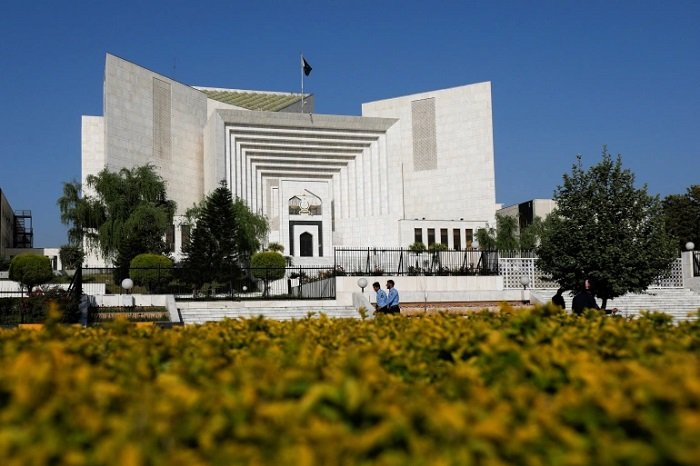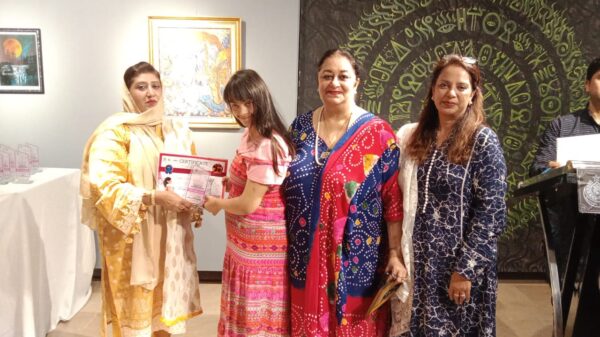ISLAMABAD: The Supreme Court of Pakistan ordered the Punjab Public Service Commission (PPSC) Lahore to use an alternative for word ‘disabled’ such as “persons with disabilities” or “persons with different abilities” instead of “disabled” to refer to people with special needs. The apex court encouraged the use of alternative word for ‘disabled’ in public advertisements, notifications, and official correspondence.

Justice Syed Mansoor Ali Shah in a judgement wrote “We are hopeful that in the future these terms will be incorporated in the official correspondence as well as relevant notifications, including public advertisements, issued by the government”.
Retention of Reserved Seats
The eight-page verdict also directed to retain the seats earmarked for minorities and persons with disabilities (PWD). The order also barred opening reserved seats to general quota even if those remain vacant in a particular year.
Petitioner Mubarik Ali Babar had approached the court to challenge an LHC order. The court had dismissed his plea that if the special quota remains unfilled in a particular year the deserving candidates may apply on those under the general quota.
The SC bench that took up an appeal against the March 08, 2019 LHC order consists of three members. Justice Shah who was heading a three-member SC bench passed the verdict. Other members of the bench included Justice Muhammad Ali Mazhar and Justice Shahid Waheed.
The controversy at hand involve seats reserved for minorities and PWDs in the Combined Competitive Examination 2015. The advertisement issued by PPSC for the post in the Provincial Management Service (BS-17) Punjab had 62 posts. Out of those 53 posts were on open merit, 06 for Persons with disabilities and 03 for minorities.
Rights of minorities and PWDs
The country’s Apex Court held that the state should endeavor to bridge the gap in providing equality of status and opportunities to safeguard the rights of the minorities and PWDs.
It should ensure that differently-abled persons and non-Muslim minorities should get to enjoy their fundamental rights under the constitution with the same fervor and force as enjoyed by the Muslim majority and majority of persons with fuller abilities.
The bench hence held that other than the general seats, the additional provision of quota reaffirms the constitutional commitment.
Ensuring inclusion for realizing constitutional values
Justice Shah observed that the word “minorities” signifies merely a statistical number. The term though represents a class of non-Muslims persons, in no manner does it imply that they were lesser citizens or in any manner less entitled to the fundamental rights.
The majority (Muslims) and the minority (non-Muslims) together constitute the paradigm of Pakistan. “Our national flag stands higher because it represents both the Muslims and non-Muslims,”. It said, adding “moving towards an inclusive society was getting closer to realizing our constitutional values”.
Justice Shah observed that “If society is intolerant, embarrassed, [and] exclusionary then its own imaginative heart is being restricted,”
The founding Father’s Wisdom
Pakistan’s founder Quaid-e-Azam Mohammad Ali Jinnah had always reaffirmed equality as a foundational principle of Pakistan.
The court order reminded Jinnah’s famous words. “Minorities to whichever community they may belong, would be safeguarded and their religious beliefs be secured as equal citizens of Pakistan. Irrespective of their religion, color, caste or creed.”
At the time of the inception of Pakistan, Quaid-i-Azam unequivocally stated that “You are free. You are free to go to your temples. To your mosques or to any other place of worship in this State of Pakistan. You may belong to any religion or caste or creed. That has nothing to do with the business of the state. We are starting with this fundamental principle that we are all citizens and equal citizens of one state”.
Actualization Constitutional Mandate in Letter and Spirit
To actualise the constitutional mandate and founding father vision, “we have the Disabled Persons (Employment and Rehabilitation) Ordinance, 1981. While post-18th amendment the Ordinance has translated into provincial laws”.
“Section 10 of the ordinance, as applicable in Punjab, provides not less than 3pc of the total number of persons employed by an establishment at any time will be PWDs“.
Similarly, the March 27, 2010 notification issued under section 23 of the PSC Act 1974, 5pc quota has to be reserved for minorities against the total number of posts advertised in the future. It also includes posts to be filled on the basis of competitive examination to be conducted by the PPSC.
The judge ordered the dispatch of copies to the chief secretaries of all provinces. It is to ensure that the verdict was complied with in letter and spirit at the national level.










